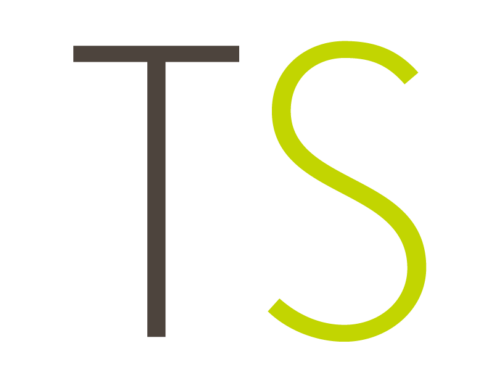New Statement of Changes to the Immigration Rules
The Home Office recently published their long-awaited Statement of Changes which sets out the changes to the Immigration Rules which are to be implemented post-Brexit.
The various changes are summarised below.
Many of the changes will take effect between 1 December 2020 and 1 January 2021 and will subject EEA nationals and non-EEA nationals to the same immigration controls.
EEA nationals
As set out in our previous article, EU, EEA and Swiss citizens (and their family members) who are living in the UK before 31 December 2020 can apply under the EU Settlement Scheme to ensure they can remain in the UK post-Brexit. The deadline to apply under the EU Settlement Scheme is 30 June 2021, although we would advise applying as soon as possible.
From 1 January 2021, all EU, EEA and Swiss citizens who wish to live, work or study in the UK will need to apply for a visa under the Points-Based System.
Skilled Worker Visa
The Skilled Worker route will come into force on 1 December 2020 and will be available for both EEA and non-EEA nationals. This route will replace the current Tier 2 (General) visa category and the Tier 2 General route will close from 30 November 2020.
The Skilled Worker visa will include the following changes:
The minimum skill threshold for applicants will be lowered from RQF level 6 (graduate level) to RQF level 3 (equivalent to A-Levels) or above;
- The annual quota for applications to the Tier 2 General route is being removed as is the requirement to undertake a Resident Labour Market Test ensuring that the process of sponsoring a foreign migrant is shortened by at least four weeks;
- Applicants will still need to meet the English language threshold, but applicants can now rely on GCSE/A Level studies in the UK to prove their knowledge of English;
- The minimum salary threshold for ‘experienced workers’ is being lowered from an annual salary of £30,000 to £25,600. Workers will still need to meet the salary requirements for their relevant Standard Occupational Code (SOC);
- The minimum salary threshold for ‘new entrants’ is being lowered from the higher of £20,800 or the minimum SOC code salary to 30% less than the minimum salary for ‘experienced workers’;
- The minimum salary requirements can be relaxed where workers are able to obtain ‘tradeable points’; points are available for shortage occupations and PhD qualifications;
- The cooling-off period which prohibited migrant workers from applying for a new Tier 2 visa within 12 months of the expiry of their previous Tier 2 visa (unless they earn over £159,600) is being removed as is the 6-year limit for holding a Tier 2 visa; and
- The minimum salary requirement for settlement applications will decrease from £35,800 to £25,600.
The limitations regarding switching between categories are also being removed which will mean that foreign nationals already resident in the UK can (provided they find an appropriate sponsor) switch to the Skilled Worker visa category from within the UK. This will apply to all foreign nationals save for those in the UK as a visitor, short-term student, parent of a child at school, seasonal worker or domestic worker.
Companies who currently hold a Tier 2 General sponsor licence will not need a licence to sponsor their existing EEA employees and will not need to apply for a licence to sponsor migrants under the Skilled Worker route.
All other employers who do not hold a sponsor licence and intend to hire foreign migrants from 2021 are encouraged to apply for a licence as soon as possible to avoid potential delays with recruitment. However, the Home Office have confirmed that a priority processing fee will be introduced for sponsor licence applications. Potential sponsors will be able to receive a quicker decision on the sponsor licence applications from 12 November 2020 for a fee of £500.
Tier 2 Intra-Company Transfer (ICT) visa
Under the new points-based system, businesses will still be able to transfer sponsored employees to the UK if the role is skilled to RQF 6 (degree level) and has a minimum salary of £41,500 (or higher depending on the SOC code).
However, the following changes are being made to this visa category from 1 January 2021:
- The cooling-off requirement will be relaxed so that Tier 2 (ICT) migrants can now re-enter the UK on an ICT visa within 12 months of departing but cannot hold leave in the ICT category for more than 5 years in a 6-year period;
- The cooling-off period in the current rules does not apply to individuals earning over £120,000. The high earner exemptions will remain but the threshold for being a high earner is being reduced to £73,900.
- As set out above, the switching requirements are being relaxed such that Tier 2 ICT migrants will be permitted to switch into the Skilled Worker category from within the UK (subject to meeting the relevant requirements).
However, any leave held in the Tier 2 ICT category will continue to not count towards the 5-year continuous residence requirement for settlement.
If you have any questions or require any advice in relation to any of the topics covered in this bulletin, then please contact a member of our Immigration team.
Author: Neha Solanki






